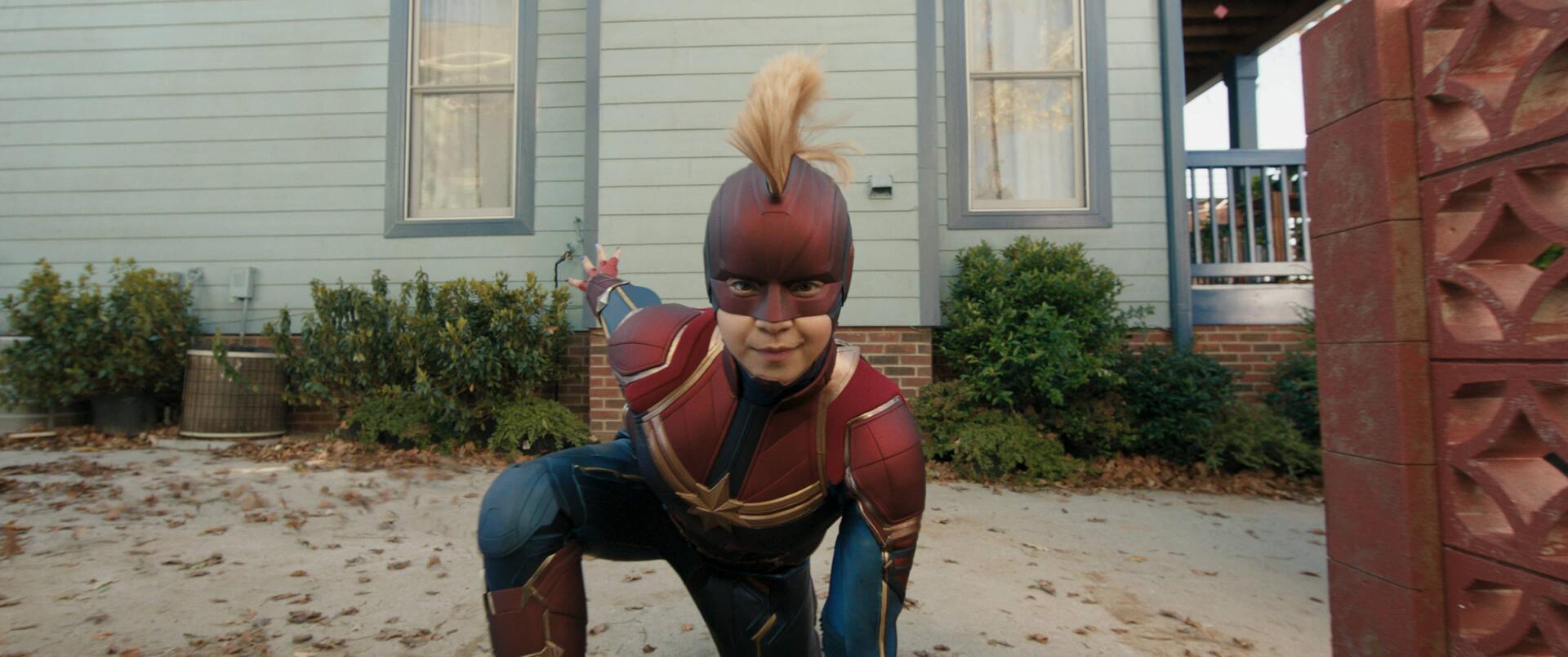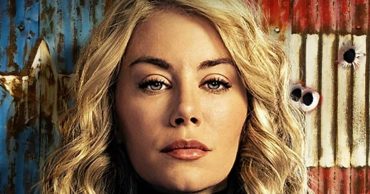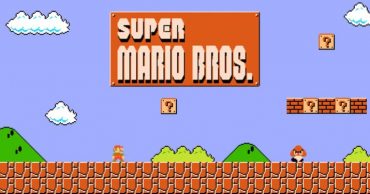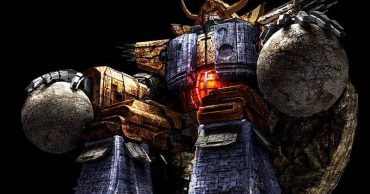
credit: She-Hulk
I kind of expect people to argue with this or ignore it. Either way, it makes the point that Phase 4 of the MCU appears to be an attempt to grind down the edges that made the previous phases so great and yet controversial at times. As of now, with the several shows and movies that have either been announced, are about to be released, or have been commented on fully since their release, it would appear that the MCU is more about explaining why the villains are the way they are and forgiving them while changing the mindsets of the heroes. In other words, the common story that sees a hero fighting a villain and the villain either escaping to fight again or finding that they’ve been vanquished because they underestimated the hero isn’t the common thread any longer. Instead, we get to explore the inner workings of the villains and see them as troubled individuals that aren’t fully responsible for the choices they make in life because they were abused, chased, or otherwise forced to defend themselves at some point in their past. There is an argument to be made for this, not just against it, but the fact is that it does feel as though the effort to skip over accountability appears to be the idea of the day.

credit. Ms. Marvel
Understanding the villain is great, but it’s not always necessary to make them sympathetic individuals.
That appears to be the case during this phase, as back when Infinity War and Endgame came around, there was still the feeling that villains had a reason for doing things, but there was still the idea that the audience didn’t need to agree with or sympathize with their deeds and overall mental state. Some folks did believe that Thanos made sense in a way, and some folks were prone to thinking that villains such as the Vulture and others were only bad because circumstances made them that way. But humanizing the villains can be taken to a degree that’s kind of dangerous since it comes close to eliminating accountability for one’s choices and actions, and like it or not, this message can be conveyed to the audience. Some of those watching these movies will actually come to think that so long as they can justify their bad decisions, they don’t need to worry about accountability. In terms of a story, it sucks much of it into the gray area while negating the need for a black-and-white view of the world, so to speak. Gray is necessary, to be certain, but using it too often manages to absolve a lot of personal responsibility.
Inclusion is great when it comes to representing people, at least until it starts feeling forced and in no way natural.
Speaking out against inclusion in the movies is dangerous since there’s still the very real idea of being called out as a racist, a bigot, or any other name that might be associated with such behavior. But the fact is that inclusion is great since it shows a much more comprehensive worldview that brings forth the idea that, yes, we do live in a very diverse world. But forcing inclusion into a movie or a TV show is a bad idea since it tends to insist that without inclusion, one can’t have a good movie or series. This has been brought up with other franchises, such as Game of Thrones, The Witcher, and other series that feature primarily Caucasian characters. The fact is that while the world is diverse, there are areas that are still heavily populated by one or two different races, religions, and so on. In other words, forcing diversity where there’s not quite as much of it as a movie or show would indicate isn’t always able to be seen as honest. Yes, it’s fiction, but considering how much controversy has been stirred up over the years, it’s fair to say that accuracy should be valued as much as inclusion.

credit: Thor: Love and Thunder
It’s great to show female empowerment but making men appear as fools kind of undercuts the effectiveness of this.
Thor: Love and Thunder did this quite a bit, and it’s happened throughout the years that Thor has been seen as a fierce warrior who is easy to manipulate, is extremely vain, and who really hasn’t grown that much as a character since the first movie. It’s true that the comics and the movies are quite different, but in the comics, Thor wasn’t this much of a buffoon, which is why it’s confusing to see the MCU turning him into such a tool. For her one appearance, Jane Foster managed to become worthy of Mjolnir, exercise new abilities with it, and take mastery over the hammer in a very short amount of time. This type of development goes back to the idea that, sadly, female empowerment in the MCU often means that women can come in and be highly skilled with minimal time and can also match or exceed the male characters they interact with simply because ‘women are better’. She-Hulk has alluded to this and still does with just about every episode.
There’s no edge left to the MCU, and it’ll be surprising if it can get that quality back.
Back when Iron Man came in, then Captain America, Thor, and even Edward Norton’s Hulk movie, there was a definite edge to the MCU that made the movies feel slightly gritty, a little more realistic, and not nearly as entitled. The earlier heroes in the MCU had to earn their way up, they had to gain their respect. These days it’s handed over without much of a fuss since who cares about development, right? Much like a lot of things in this world, the MCU’s edge has been filed down to avoid hurting feelings and stepping on toes.
 Follow Us
Follow Us





